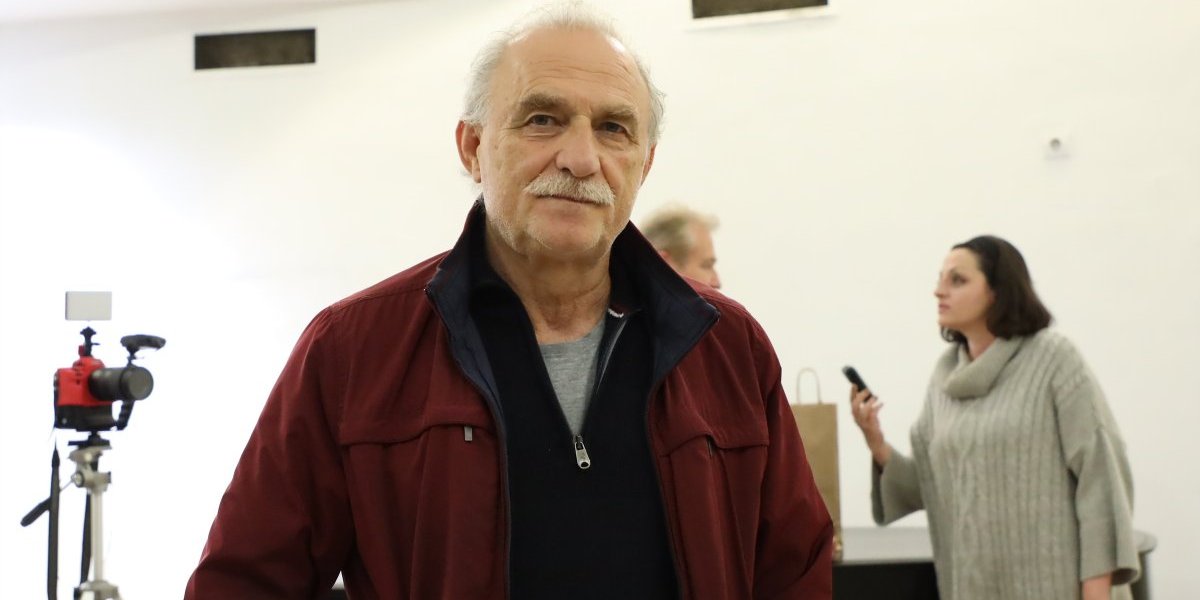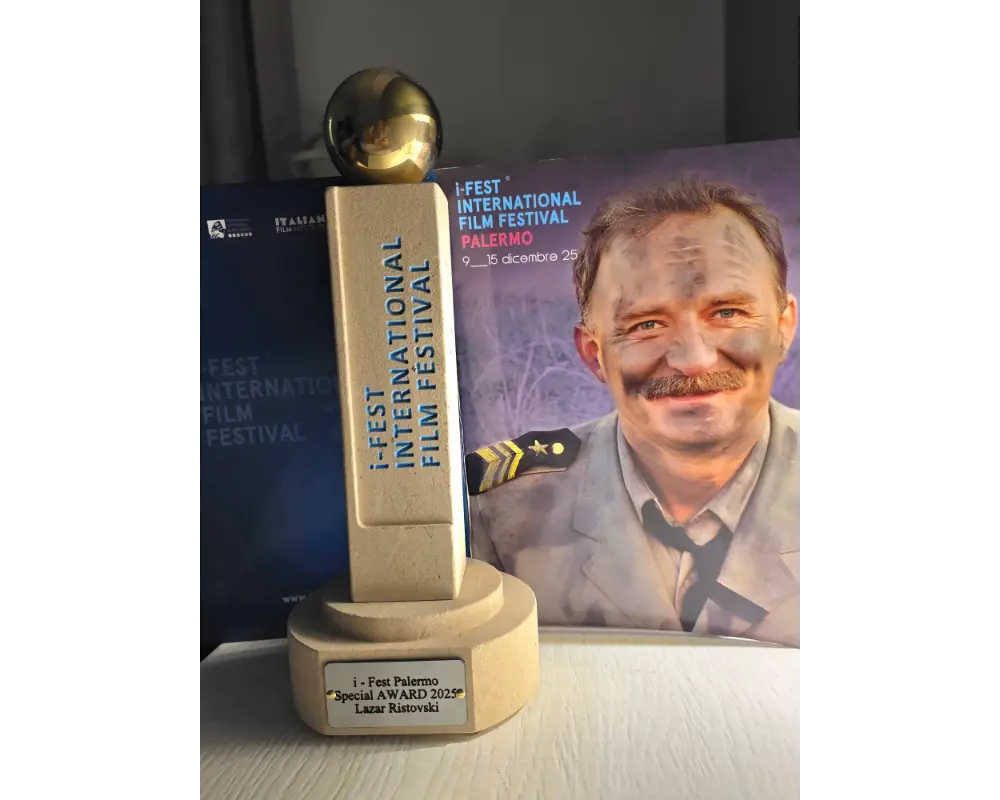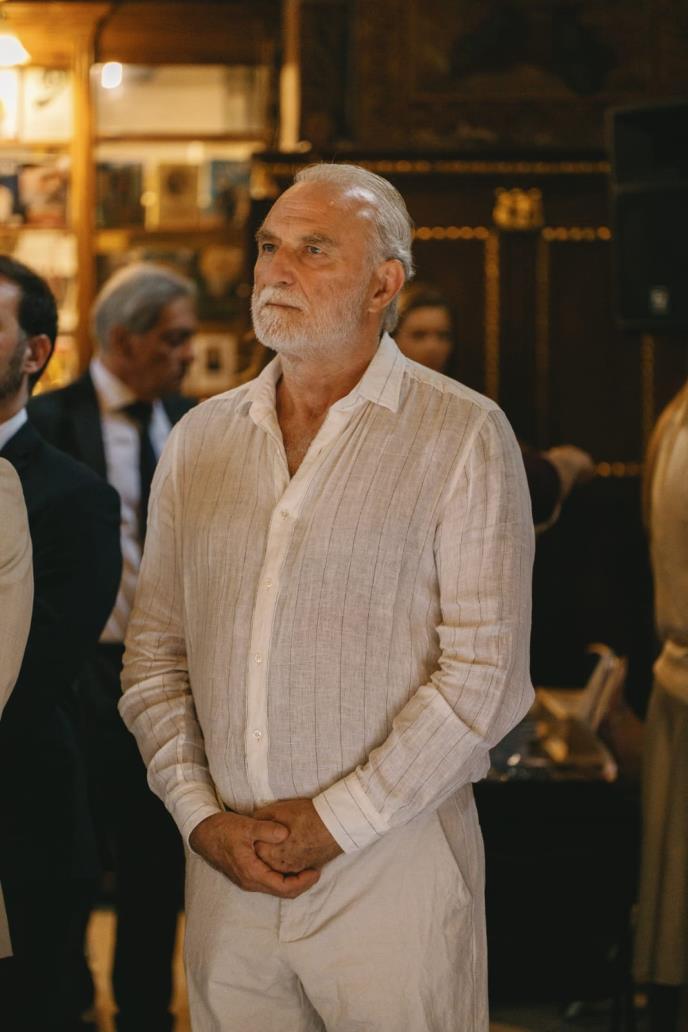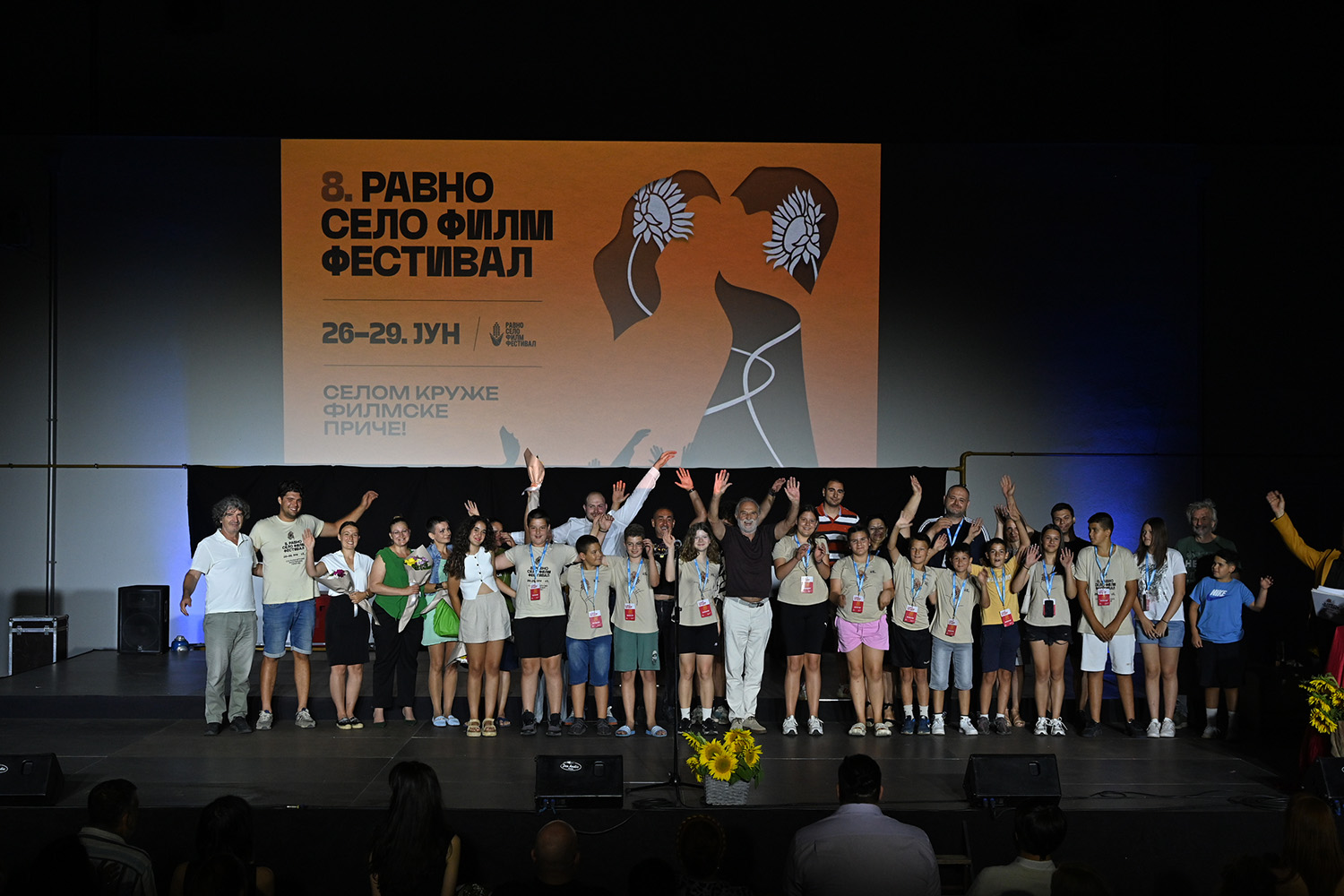Following the great success of the first season of the series Mind Tunnel, in which he played one of the standout roles, Lazar Ristovski discusses new challenges, the creative process, and the upcoming plans of Zillion Film. In an interview for Informer, he reflected on filming the second season, his collaboration with his son Petar Ristovski, and the new characters that will enrich the next chapter of the show.

The audience’s reaction to the first season gave us a huge boost. It is a form of pressure, yes – but also a strong motivation. When you realize you’ve struck an emotional chord with viewers, you feel a responsibility to continue in the same, if not better, direction. Mind Tunnel is based on real police cases and negotiations with criminals. In the second season, the creators are going a step further. Negotiations remain central, but this time they are explored through deeper social themes and emotional conflicts. Petar spent years studying the subject, consulting with real-life negotiators and the Serbian Ministry of Internal Affairs. That collaboration was essential – without that seriousness, the series wouldn’t be what it is – said Ristovski.
The upcoming season will feature both familiar and new faces. Alongside returning cast members (Jovan Belobrković, Minja Peković, Tamara Šustić…) the ensemble will include Vojin Ćetković, Mićko Radonjić, Nebojša Milovanović, and others. An intriguing addition is kickboxing champion Antonio Plazibat, who plays a former fighter struggling with moral dilemmas.

Ristovski also spoke about one of the most memorable scenes from the first season and said that acting without risk isn’t really acting. He went all the way because he trusted his son as the director, and believed in the story.
Ristovski also revealed that his production company, Zillion Film, is actively developing new projects. In addition to continuing the popular romantic series Crown Street 11, the company is preparing an ambitious international production titled Falsifikatori – a series inspired by true stories of Balkan art forgers, including the famous case of Paul Cézanne’s stolen painting Boy in the Red Vest, which was once recovered in Belgrade.
To read the full interview, click on this link.




